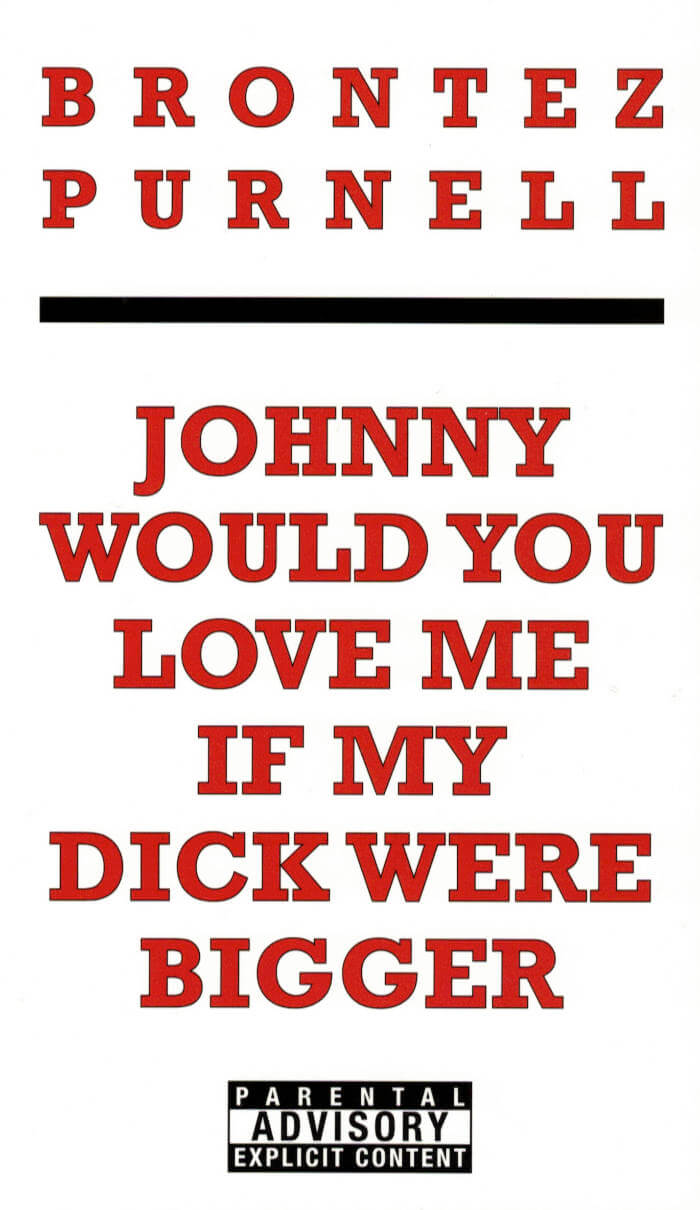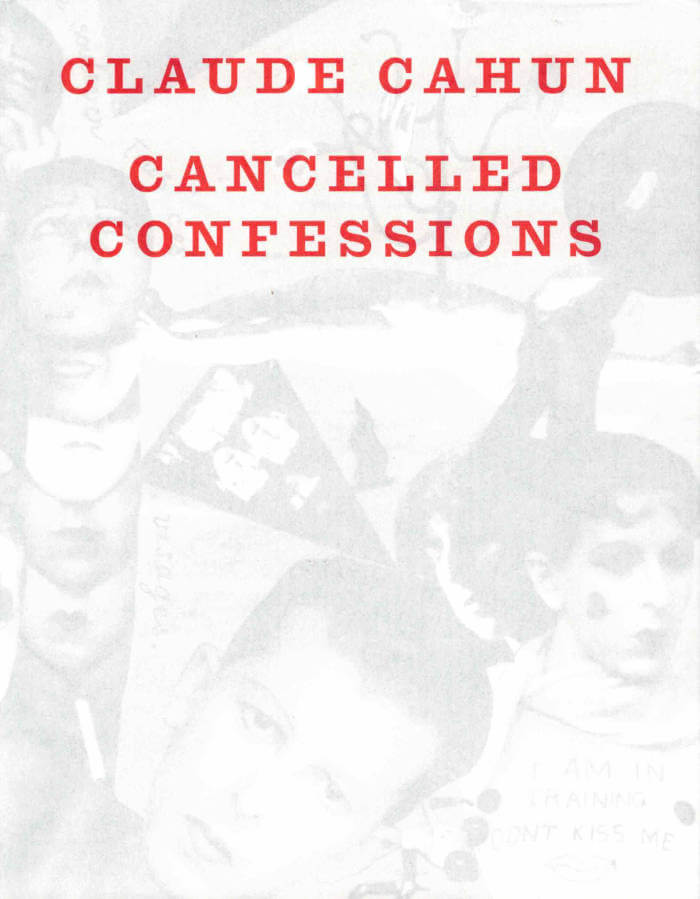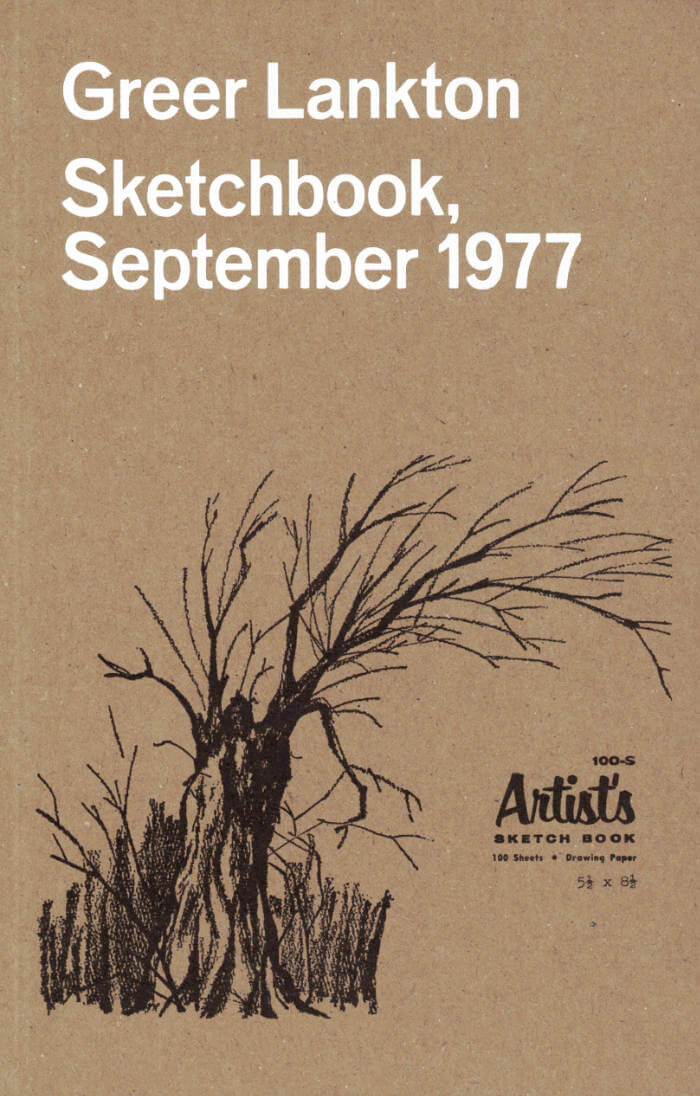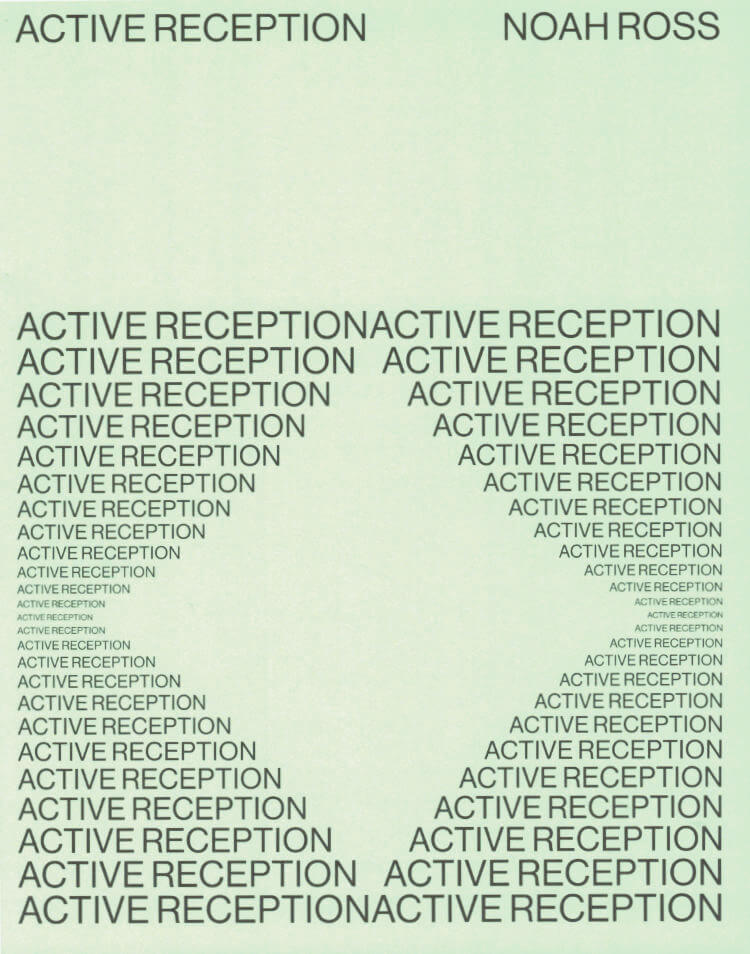
Vol. 1 Trans-Issue
Mert Şen ed., Ruud van Moorleghem ed.
In its very first issue, Bebe Magazine offers a broad constellation of possibilities for queer understandings, beyond identity-based reduction. Using the prefix trans- (across, beyond, through), each of our eight co-curators chose a term and formed mini collectives to destabilise its accompanying pre-established, societally accepted, conceptions—from transversal lines to transactions.
Exutoire: Paul-Antoine Lucas, Bùi Quý Sơn, ba-bau: Đinh Thảo Linh, Kiều-Anh Nguyễn, Cao Việt Nga / Evgeniia Skvortsova, Zip Group + Borya Pospelov, Slaystans Collective / Ina Schürmann, La Bouche Cabaret, represented by Leo, 90mil radio, Queer Analog Darkroom / Bích Đào, Myrto Vogiatzi, Laia Ros, Queers on the Move / Teodora Roșu, Stol Collective: Ioana, Marco, Anio, Mara / Martina Lattuca, Vittoria Torsello, Chiron Floris / Bernadetta Budzik, Rachel Rouzaud, Tomasz Burek / Henellis Notton, Anita Kodanik, Bohdana Korohod, Greta Štiormer / Silvia Bicelli / Elizabeth Patiño / Darius Dolatyari-Dolatdous / Ákos Boros / Lucile Claudia Eerie, Babbyccino / Madonna Lenaert, Joppe De Campeneere / Mayim Frieden
Bebe Magazine is a publication born out of the Ghent-based collective Bebe Books, focusing on collaborative and experimental approaches to cultural production. It provides a space for contributors to work together in exploring fresh perspectives and questioning established norms.
With a strong emphasis on collective creation, Bebe Magazine brings together curators, artists, and thinkers to navigate complex ideas and reflect on the shifting boundaries of contemporary culture. Each issue is shaped by the diverse voices and shared efforts of its contributors, making it a dynamic and evolving platform.
Language: English




